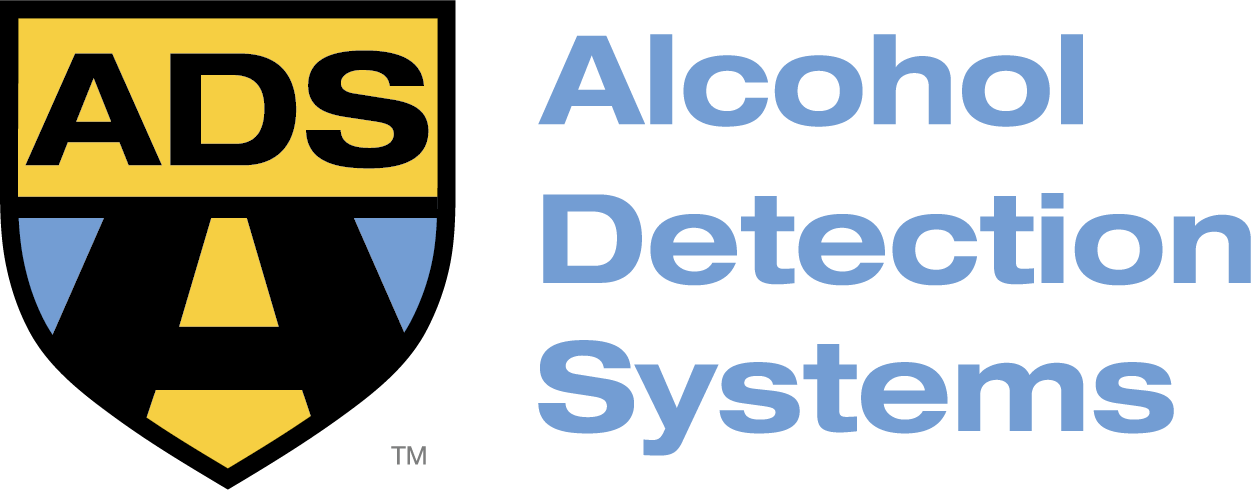
New Hampshire Ignition Interlock Device Laws
New Hampshire requires anyone guilty of driving a vehicle or boat while intoxicated to enroll in the New Hampshire-approved Impaired Driver Care Management Program (IDCMP). The legal blood alcohol limit in New Hampshire is .08 percent for drivers under 21, and .02 percent for those under 21. In addition to the IDCMP requirement, New Hampshire has additional penalties for drunk drivers, including fines and license suspension. Drunk driving is also referred to as Driving While Intoxicated (DWI).
The NH Ignition Interlock Program
Some offenders are able to regain driving privileges by installing an ignition interlock device from an approved provider. Offenders who are required to install an IID must have an interlock restriction on their driver’s license. This guide will explain the interlock policies and DWI penalties in New Hampshire.
What Happens if I Get a DWI in New Hampshire?
First DUI Offense
- $500 minimum fine
- Required to enroll in the Impaired Driver Care Management Program (IDCMP) and undergo an alcohol and substance abuse screening within 14 days of conviction
- If initial testing shows a substance abuse problem, offender must undergo a full substance use disorder evaluation within 30 days of conviction and follow the recommended plan
- Driver’s license revoked for 9 months to 2 years
- An ignition interlock device from an approved provider is required to regain driving privileges
- Offenders may be subject to random urinalysis or other testing at the court’s discretion
Second DUI Offense
- $750 minimum fine
- If the second offense is within 2 years of the first, the offender must serve a minimum of 60 days in jail (with 30 days suspended)
- Within the 30 days following their jail sentence, offenders are required to enroll in the Impaired Driver Care Management Program (IDCMP) and undergo an alcohol and substance abuse screening, followed by a required substance use disorder evaluation within 60 days of release, and must follow the recommended plan
- If offender is not compliant, they may be required to return to jail to serve the remainder of the suspended sentence
- License revoked for 3 years
- Installation of an ignition interlock device from an approved provider and completion of the IDCMP service plan are both required to regain driving privileges
- Offenders may be subject to random urinalysis or other testing at the court’s discretion
Third DUI Offense
- $750 minimum fine
- If the third offense is within 2 years of the previous offense, the offender must serve a minimum of 60 days in jail (with 30 days suspended)
- Within the 30 days following their jail sentence, offenders are required to enroll in the Impaired Driver Care Management Program (IDCMP) and undergo an alcohol and substance abuse screening, followed by a required substance use disorder evaluation within 60 days of release, and must follow the recommended plan
- If offender is not compliant, they may be required to return to jail to serve the remainder of the suspended sentence
- License revoked indefinitely, not to be restored for 5 years
- At the end of the 5-year minimum revocation period, the offender can petition the court for eligibility to reapply for a driver’s license
- If the court grants the right to apply, they may also subject the offender to specific terms and conditions as they see fit
- The offender must complete all legal requirements, including the IDCMP service plan, and pay all fees, before they are eligible for a license restoration
- May be able to regain driving privileges by installing an IID from a state-approved provider
These penalties may increase depending on the circumstances of the offense. For example, penalties will increase for aggravated DWI, if a child is present, or if there is injury or death caused as a result of the incident.
How Do I Get an Ignition Interlock License in New Hampshire?
Some New Hampshire drivers are allowed to regain driving privileges during their license suspension period, by enrolling in the KIIP and installing an ignition interlock device. They must also meet other criteria, including:
- Completing evaluations required by the IDCMP and following the prescribed service plan
- Install an IID from a state-approved provider
- Show certificate of installation at appropriate DMV location
- Add interlock restriction to their driver’s license
- Pay any necessary fees, including reinstatement fees and financial penalties resulting from the incident
- Must not have other violations on their driving record that would preclude them from driving
- Provide proof of appropriate insurance
- Complete any other requirements issued by the court
Ignition Interlock Devices in New Hampshire
ADS is an approved provider in New Hampshire, and our devices will qualify for those offenders who are required to install an IID. ADS devices are easy-to-use and feature bilingual prompts in English and Spanish. Our installation locations are fully stocked, so you can get your device installed and get back on the road.
Ignition Interlock Device Cost in New Hampshire
Offenders in most states, including New Hampshire, are required to pay for the cost of the device installation and monthly leasing. The devices cost between $100 and $150 to install, and between $2.50 and $3.50 per day to lease. ADS offers flexible payment options and customers can pay monthly or bi-weekly.
Ignition Interlock Installation Near Me NH
ADS has more locations throughout our partner network than any other provider, with more than 5,000 nationwide. Throughout New Hampshire, there are 55 installation locations. All interlock customers will need to return on a regular basis for device calibration, so keep this in mind when choosing your location. Once you are ready to install your device, technicians will show you how it works and provide you with a Certificate of Installation. Contact us if you need help making an appointment.
Readers of this website should contact their attorney to obtain advice with respect to any particular legal matter. Only your individual attorney can provide assurances that the information contained herein – and your interpretation of it – is applicable or appropriate to your particular situation.

